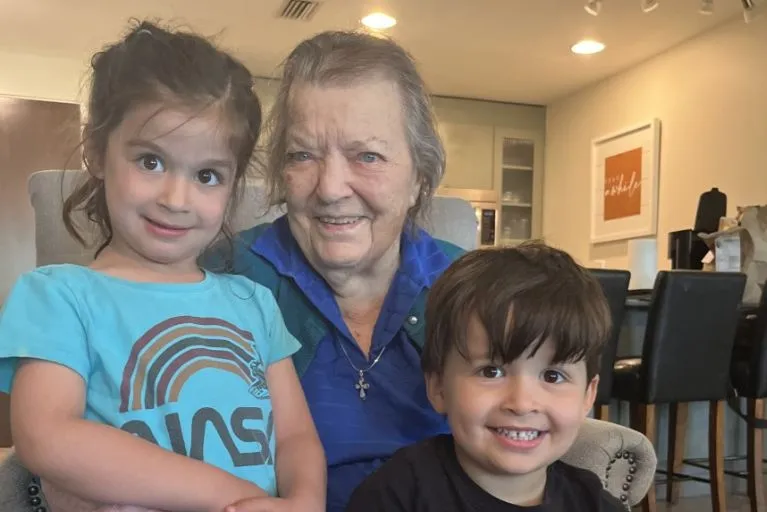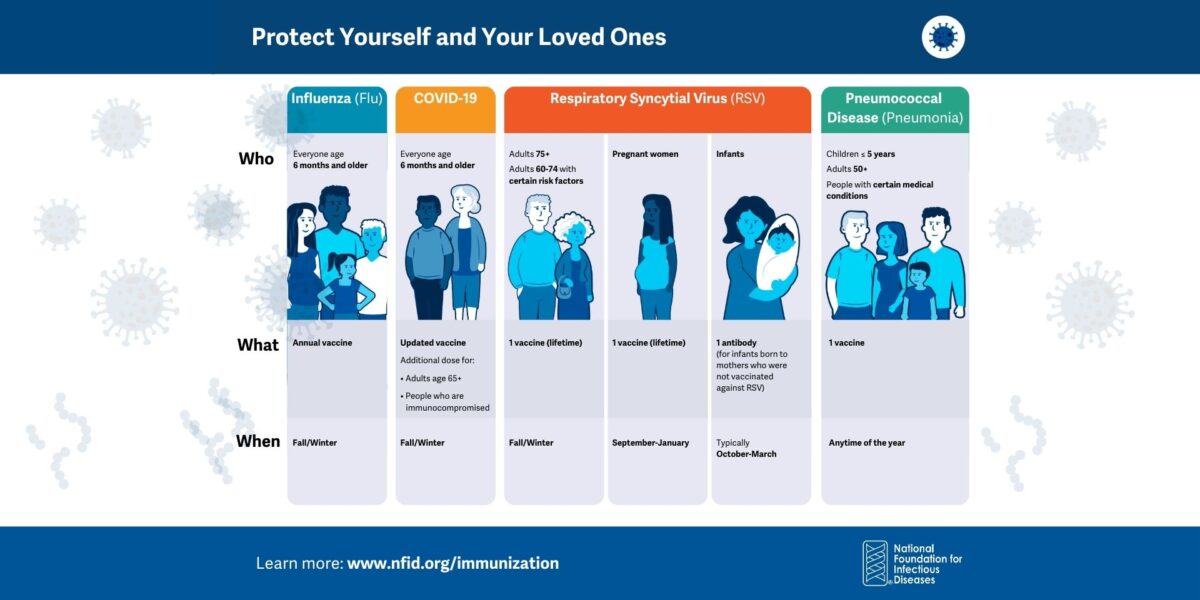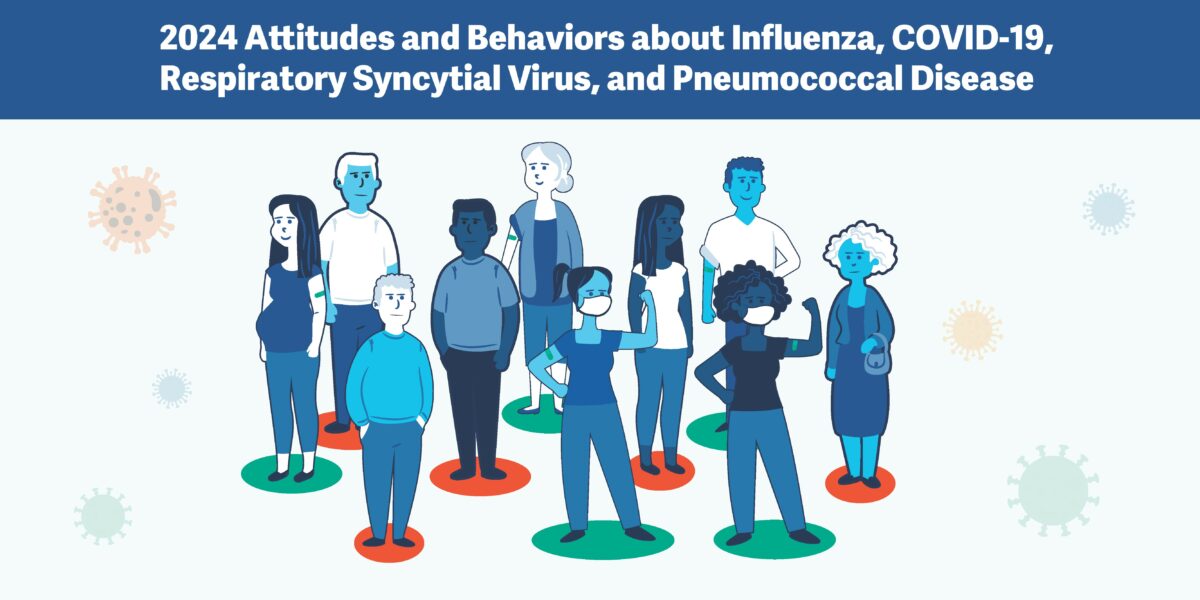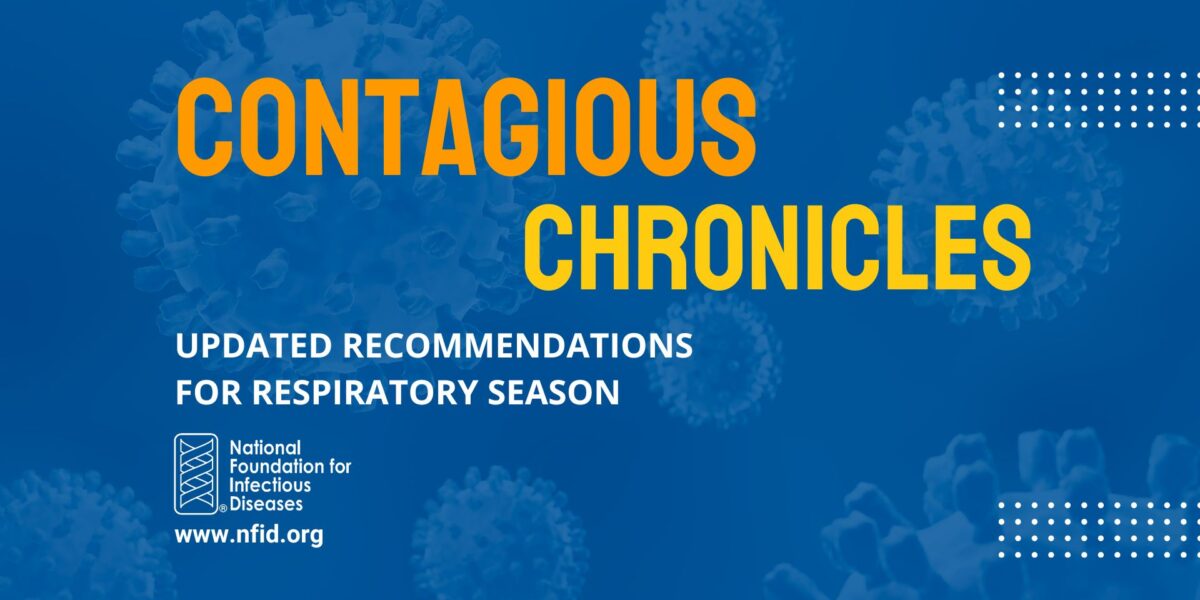
As a pediatric hospitalist, I know all too well how viruses like RSV can affect a patient, from the youngest to the oldest. I have treated thousands of children and guided their parents and loved ones. But watching my grandmother become seriously ill with RSV struck a very personal chord for me.
My grandmother, who was 93 years old at the time, was living with diabetes and congestive heart failure when she had a low sugar episode and ended up in a rehabilitation hospital. She then started to experience shortness of breath, so much so that the caregivers at the rehab facility felt that it would be best if she was sent to the hospital.
The day after she was admitted to the hospital, she was transferred to the ICU. The doctors could not figure out what was wrong at first and were working hard to get her the necessary respiratory support. Eventually a respiratory viral panel test came back positive for RSV.
My grandmother was in the ICU for several days and in the hospital for more than a week. It was a stressful time for our family because this was happening during the height of COVID-19, which meant we had to navigate restrictions for who could be by her bedside. I tried to be as helpful as possible from afar, while others were texting me updates from her hospital room.
Like many older adults living with chronic diseases, my grandmother’s RSV episode played a part in the decline of her health since she left the hospital. She had a long and arduous recovery, requiring several months of physical and occupational therapy. Her underlying diabetes and heart never quite returned to their baseline after her RSV episode. Although I had the medical knowledge to understand the risks she faced, seeing a loved one manage complications and health challenges is never easy.
RSV is an under-recognized cause of lung illness in older adults. It is important for families to know the signs and the symptoms of RSV and help prevent it from spreading among our youngest and oldest loved ones.
James Antoon, MD, PhD, MPH, a pediatric hospitalist and Assistant Professor of Pediatrics at Monroe Carell Jr. Children’s Hospital at Vanderbilt University, lives in Tennessee with his family.
Share Your Story
Please share your story to help others understand more about the impact of vaccine-preventable diseases, drug-resistant infections, and other infectious diseases
Related Resources

Respiratory Immunization Graphics
Graphics and sample social posts to help raise awareness about preventing COVID-19, flu, RSV, and pneumococcal disease

2024 National Survey: Attitudes and Behaviors about Influenza, COVID-19, Respiratory Syncytial Virus, and Pneumococcal Disease
2024 national survey on flu, RSV, COVID-19, and pneumococcal disease

Updated Recommendations for Respiratory Season
In this episode, NFID experts discuss updated recommendations to help protect against COVID-19, influenza (flu), respiratory syncytial virus (RSV), and pneumococcal disease …
